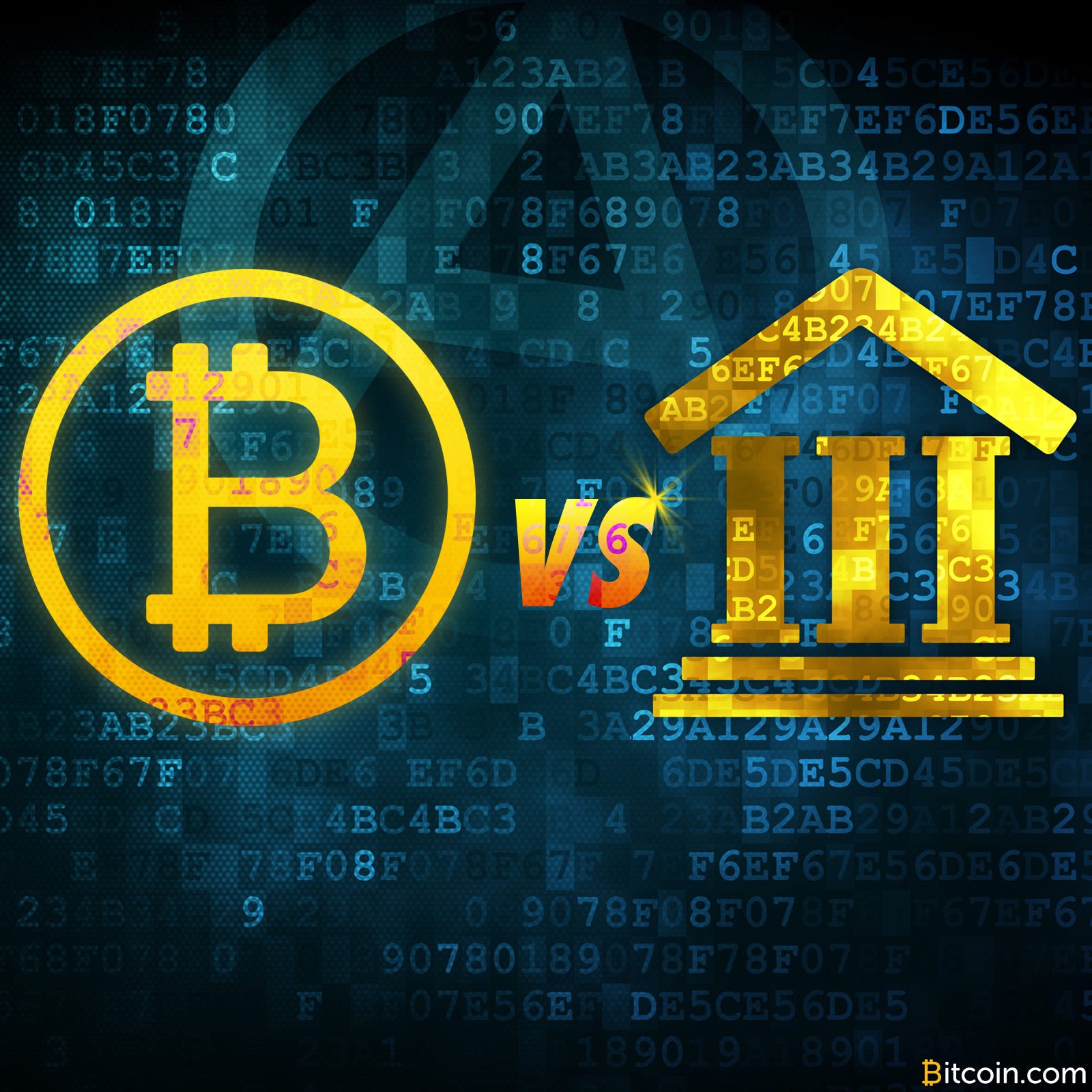Bitcoin vs us government
Contents:
So it was a bit surprising that India tolerated the Bohemian idea of cryptocurrencies for so long. But now the government plans to introduce a new piece of legislation that will outlaw Bitcoin and other cryptocurrencies.

India also plans to introduce its own digital currency, thus making crypto uncool. In fact, it would not be a cryptocurrency if a government issues it. It is not only India, governments across the world have started banning them.
The US government has a hidden weapon it could deploy against Bitcoin
The cryptoprophets expected this, but they underestimated the power of the state. That the state is an actualization of an ethical idea might be a lie, but a successful myth.
And old successful lies are hard to dislodge. Since , when Bitcoin was created, some of the brightest tech Bohemians have sold the world a lemon. That a new kind of global currency will end the monopoly of governments and central banks over money.
- U.S. Government to Sell Bitcoin Worth $38, at Current Prices.
- how to put money in a bitcoin atm.
- Could Bitcoin Replace The U.S. Dollar?.
- token btcsweet.
This new currency will not exist in physical form, it will be created from nothing by a vast network of computers as they perform a vast number of computations to randomly create it. The currency will have no intrinsic value beyond the perception that it has value, and its own predetermined scarcity. The lure of a cryptocurrency is that it can make transactions between two individuals secure and possible without inefficient intermediaries like banks and rule-makers like governments. It offers complete anonymity and freedom—two things that governments, including democratic ones, dislike.
In fact, governments dislike even their own currency notes, as it provides anonymity and too much freedom. So, why did some people think governments would allow cryptocurrencies to thrive, or even survive? Why would governments permit a system that could end its own relevance? But then, who would have thought in the golden days of monarchy that all of the affluent world and most of the poor world, too, will come under the spell of a laughable idea called democracy where ordinary people elect who wields power over them?
Article meta
Cryptocurrency is only a type of extreme financial and emotional democracy. Even so, it is doomed in its present form. Its technology platforms, like blockchain, will become standard as governments themselves adopt them, but the cryptocurrency as we know it today will stand no chance against fiat. Fiat currency is based on trust in the authority that issues it. Bitcoin, on the other hand, is built on a fascinating misanthropic question: Given that two humans cannot and should not be trusted, how can a network of computers confirm that a transaction is fair?
The way people are drawn to anonymity, you would think they do something very interesting and naughty every day, and the way they react to security, you would think some transaction vanishes from their digital ledgers every day. In reality, most people are mostly dull. Yet, there is no doubt the world is in the grip of a Bitcoin mania. And it is entirely a creation of extraordinary storytelling. It has a hero who is mysterious, brilliant, moral, austere and philosophical.
His name is certainly not Satoshi Nakamoto.
Bitcoin is the first decentralized peer-to-peer payment network and cryptocurrency. Its value is determined by users and not central governments or banks. actions of major governments, including the United States and Russia, that status is unlikely to change anytime soon. Bitcoin vs. Litecoin: What's the Difference? The federal government's relationship with bitcoin has generated numerous headlines over the years, which is surprising, considering that the U.S. government.
In the aftermath of the financial crisis of , a person who went by that name created, completed or revealed an elaborate computer programme that cryptographers say is an exquisite piece of work, and he also wrote a series of essays laying out the moral reason for a new kind of money—governments and central banks were corrupt and unfit to regulate money. And he raised a philosophical question: Do we need the inconvenience of trust to transact? What if computers make a dishonest transaction so mathematically improbable that it is impossible, and also grants anonymity?
Nakamoto showed that absolute anonymity was possible and not always shady. He even made it look sacrificial in a world desperate for fame. Some people believe he is too good to be a single person; that he is probably a group of people. Or something like that? After all, the National Security Agency of the US did ponder the idea of cryptocurrency in an academic paper years before Nakamoto published his essay on it. But public blockchain networks like Bitcoin pose unique challenges for law enforcement.
Murray said the US should regulate miners as so-called money services businesses. Given the global, pseudonymous nature of Bitcoin and similar systems, it would be difficult if not impossible to identify and locate all miners, who could just move to other countries with less strict rules. The international body in charge of policing money laundering, the Financial Action Task Force, has also chosen to avoid regulating miners, instead focusing on cryptocurrency exchanges.
- skolko stoit 1 bitcoin.
- What to Know About Cryptocurrency.
- Why Governments Are Afraid of Bitcoin.
- Subscribe to read | Financial Times.
Van Valkenburgh argues that using the BSA to regulate cryptocurrency software developers and individual users would be unconstitutional.